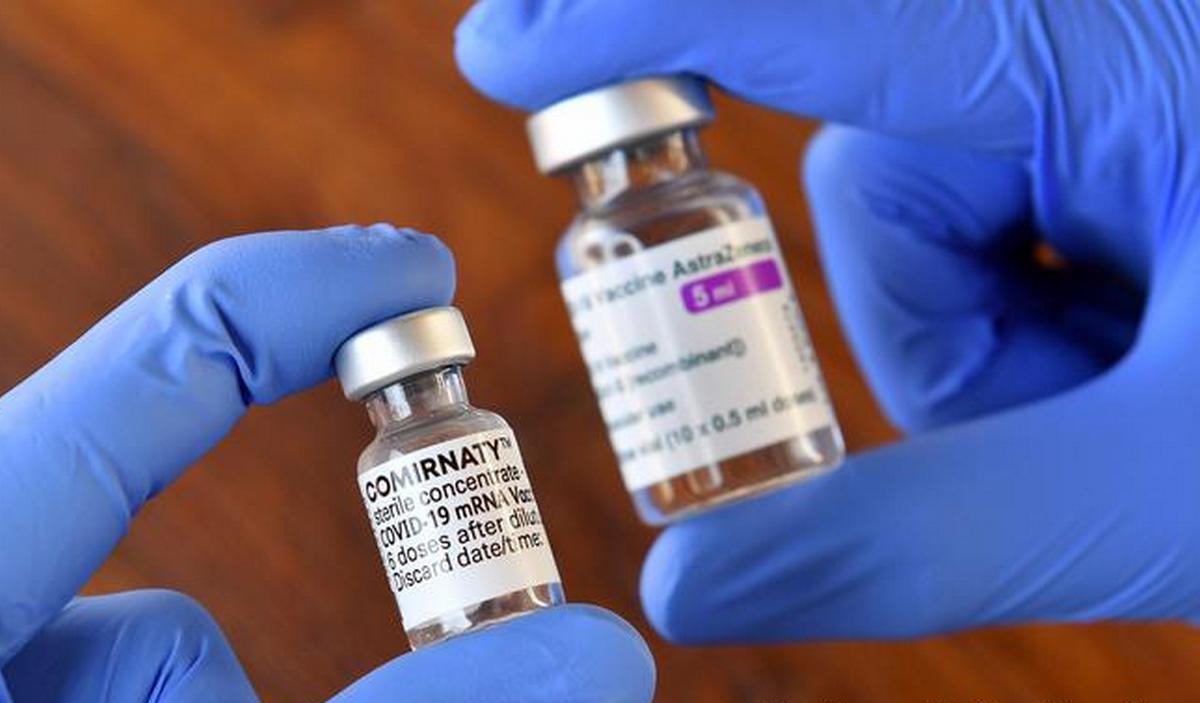Why do fully vaccinated people still become infected with the coronavirus, and in some cases even die from Covid-19? And are the allegations that the vaccine is ineffective justified? Here’s what fact-checking shows.
“Vaccines don’t work!” – This battle cry has been sounding in full force lately, especially on social networks. The false claim of “vaccine failure” is mainly based on cases where fully vaccinated people (especially the elderly) still become infected, and in some cases even die, writes Deutsche Welle.
What the facts say
In the years before the pandemic, the German Robert Koch Institute for Specialization had identified possible variants in which the vaccine would not work. There are two of them: the vaccine either does not work at all due to the organic or age characteristics of the vaccinated person, or its effect decreases over time.
Experts do not argue that vaccination expires over time. “The older people are, the faster their immune defenses disappear,” explains Reinhold Forster of the Institute of Immunology in Hanover.
The Robert Koch Institute also notes in its latest update that the effectiveness of vaccines is already declining. Ugur Shahin, one of the creators of the BiontechPfizer vaccine, also said almost a year ago that he estimated that the minimum immune defense was two and a half to three months. He warned that if the virus continued to spread, vaccination would likely need to be renewed every year and a half. And a few months ago, Shahin added that the third dose of his vaccine is important for good immunity.
Against this background, of course, a discussion broke out about updating the vaccine with the so-called “booster dose”. Recent news from Israel also shows that revaccination slows the spread of the virus and boosts immune defenses in the most vulnerable age groups.
Many people confuse the functions of the immune system, so let’s put everything in order: vaccination protects a person from infection and severe disease, but also protects people around him from infection. That is, a vaccinated person is less at risk of infection, and even in the case of infection, the disease progresses more easily. And secondly, because a vaccinated person has a lower risk of infection, it is less dangerous to others.
It follows that in young people revaccination serves mainly to protect others, and in the elderly and patients it is especially important against infection, especially with a delta mutation of the virus.
Where failure
Against the background of the above, the general conclusion that the effect of the first doses of the declining vaccine meant that the vaccines had failed is unfounded. Vice versa. The experience of countries with high vaccination rates, such as Spain, Portugal or the Nordic countries, shows that cases of infection and serious illness are much lower than in countries with few vaccines, such as Bulgaria and Russia.
In this sense, if there is any reason to talk about the “failure of vaccination”, it is not the effectiveness of the vaccines themselves, but the reluctance of many people to be immunized.

